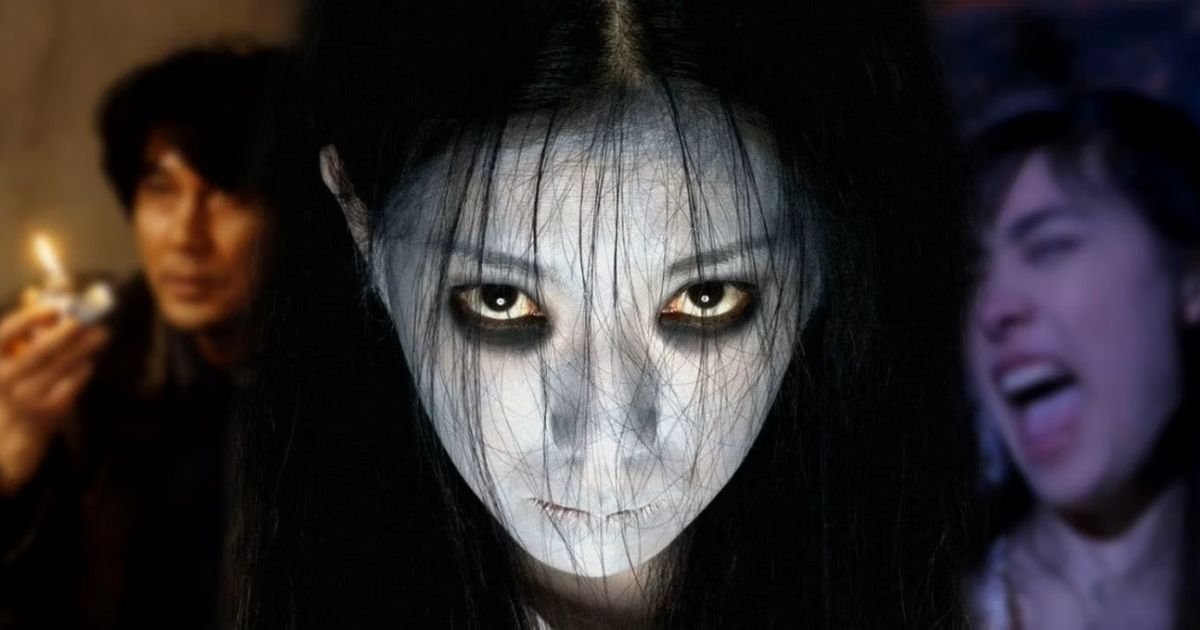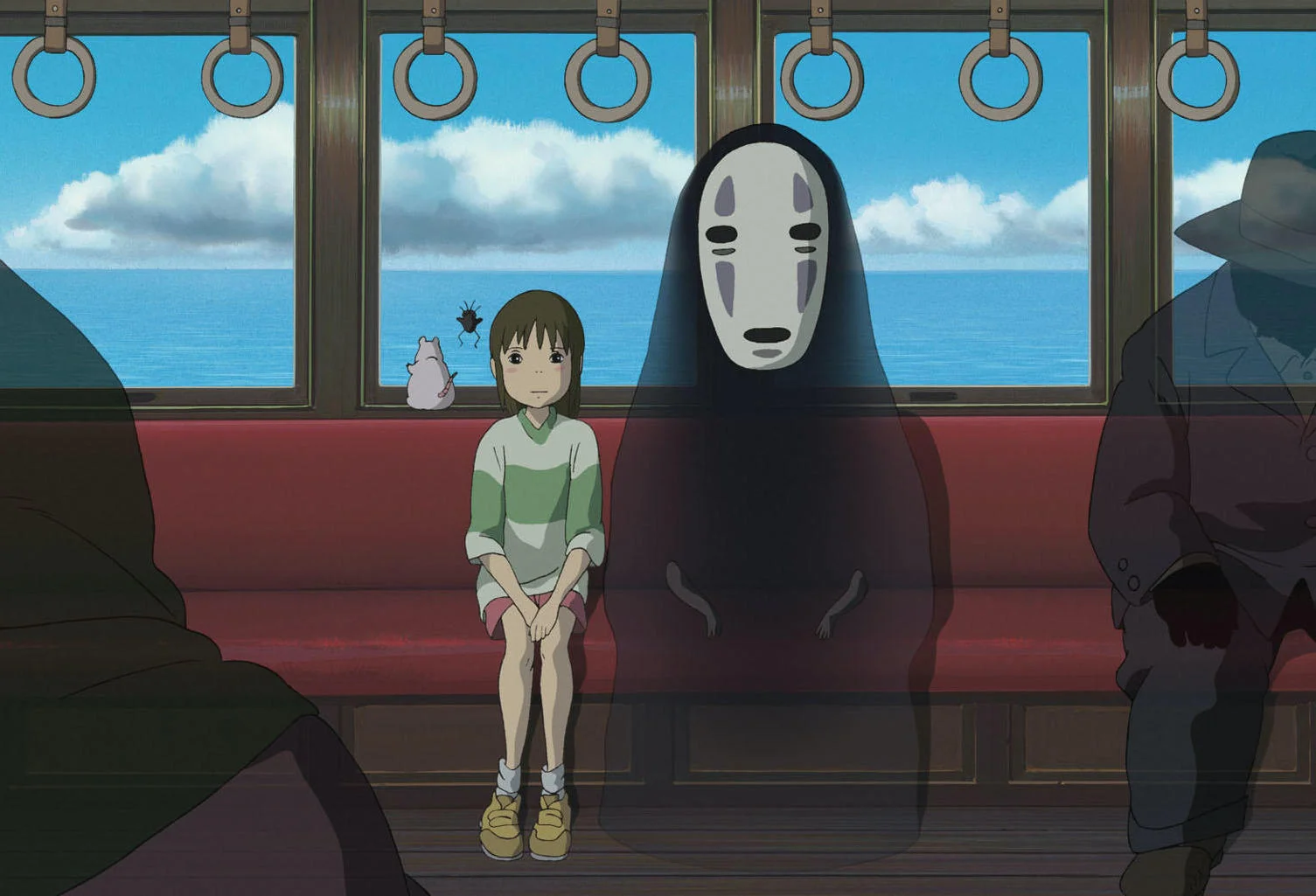Samurai films, or jidaigeki (period dramas), have been a central pillar of Japanese cinema for decades, offering a unique window into Japan’s history, values, and identity. These films often depict the lives of the samurai, a warrior class that played a crucial role in Japan’s feudal era. Through their portrayal of loyalty, honor, and conflict, samurai films have become a powerful expression of Japanese culture, resonating with both domestic and international audiences.

Historical Reflection and Cultural Identity
Samurai films reflect Japan’s feudal past, particularly the Edo period (1603–1868), when samurai were prominent figures in society. These films serve as a cultural bridge, connecting modern audiences to historical traditions. By dramatizing the lives of samurai, these films explore themes of loyalty to one’s lord (giri), personal honor (bushido), and the inner conflicts that arise from duty.
This genre often highlights the tension between the samurai’s strict moral code and the changing societal values as Japan moved towards modernization. The stories in these films act as a form of cultural introspection, where Japanese filmmakers and viewers alike examine their historical roots and evolving national identity.
The Bushido Code: Loyalty and Honor
A key element in samurai films is the depiction of the bushido code, the way of the warrior. This code emphasizes virtues such as loyalty, courage, self-discipline, and honor until death. The values embodied by the samurai resonate deeply within Japanese culture, even in modern times, as they reflect the collective spirit of perseverance and commitment.
Films like The Twilight Samurai (2002) and Harakiri (1962) show characters who must navigate the rigid expectations of their warrior class while grappling with personal dilemmas. These portrayals underscore the universal struggle between duty and individual desire, making the samurai an enduring symbol of Japan’s ethical values.
Symbolism of the Samurai
In Japanese cinema, the samurai represents more than just a warrior class. They symbolize the ultimate moral and ethical archetype. Samurai films often depict their protagonists as figures who strive to maintain their integrity in a world filled with corruption, violence, and moral ambiguity.
For example, in Seven Samurai (1954), directed by Akira Kurosawa, the samurai are not just warriors but protectors of the weak and oppressed. Their selfless acts, despite overwhelming odds, present a timeless message of sacrifice and duty. This portrayal has elevated the samurai to mythic status in Japanese culture, making them not only historical figures but also moral exemplars.
Depictions of Social Change
Samurai films also comment on the societal shifts in Japan, particularly during periods of transition. The decline of the samurai class during the Meiji Restoration (1868) marked the end of the feudal system and the rise of modern Japan. Films set during this period, such as The Last Samurai (2003), show the painful transformation of Japanese society as it moved from isolationism to modernization.
These films often portray the samurai as tragic figures, caught between upholding their traditional way of life and adapting to new political and social realities. The emotional depth in these stories highlights the broader cultural experience of loss and adaptation that Japan faced during its transition into a modern nation.
Samurai Films and Cinematic Innovation
Samurai films have not only shaped Japanese culture but also contributed to the evolution of global cinema. Directors like Akira Kurosawa revolutionized the genre with innovative techniques such as dynamic action sequences, use of slow motion, and dramatic weather elements. His film Seven Samurai (1954) is considered a masterpiece of both storytelling and visual direction, influencing filmmakers worldwide.
These innovations have solidified the samurai genre as a vital part of cinematic history. Through its technical and narrative achievements, the genre has introduced Japanese cultural values to international audiences, expanding its cultural impact far beyond Japan.
The Samurai in Modern Japan
While the samurai class may no longer exist, its legacy continues to permeate Japanese culture. Samurai films serve as a means of preserving this heritage, reminding viewers of the enduring values of honor, loyalty, and sacrifice. Even in contemporary Japanese society, these films resonate with a sense of nostalgia for a time when moral clarity seemed more defined.
Modern samurai films, like 13 Assassins (2010), continue to explore these themes while adapting to contemporary sensibilities. These films often blur the lines between hero and villain, reflecting the complexities of modern life but still rooted in traditional values.
Conclusion
Samurai films have played a significant role in shaping Japanese culture, acting as both a historical reflection and a moral compass. Through their exploration of loyalty, honor, and sacrifice, these films provide insight into the Japanese psyche and the nation’s history. As the samurai genre continues to evolve, it remains a vital expression of Japanese identity and values, preserving the spirit of the samurai for future generations.








